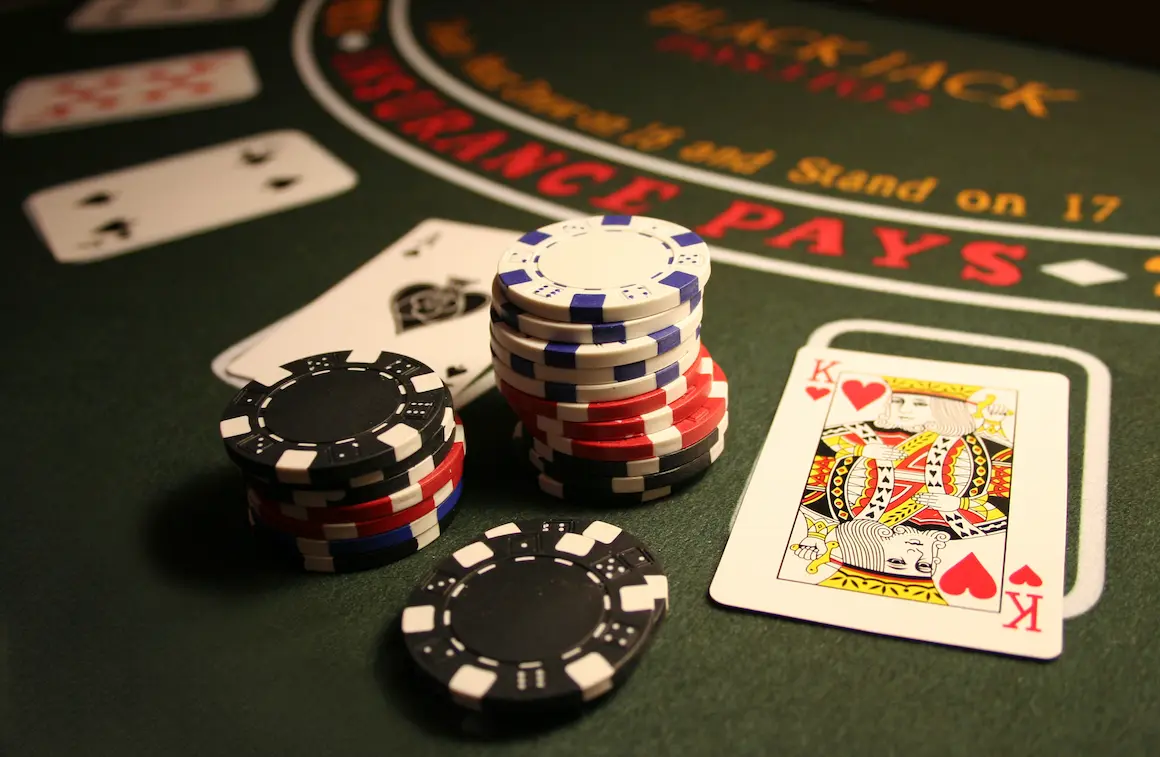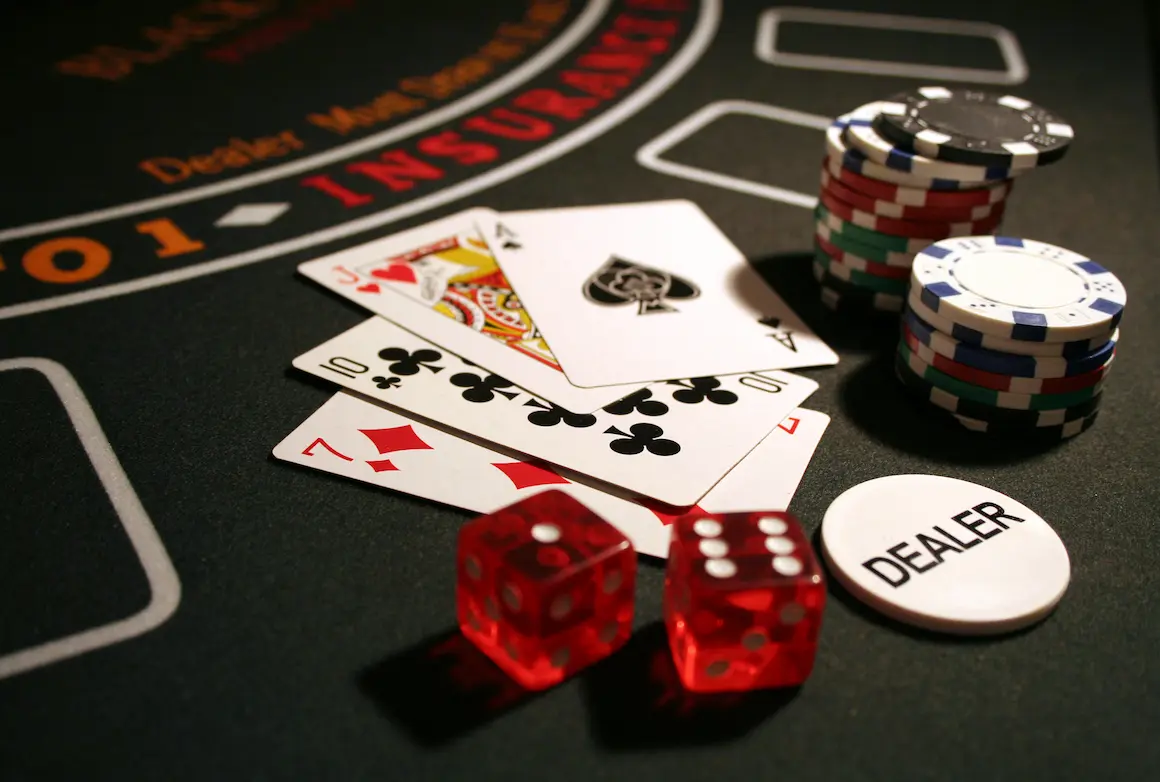Our ancestors have been playing some kind of gambling for a long time. Almost every culture of ancient civilisations mentions gambling establishments: in Ancient Greece and Rome, England and France. The most ancient risk takers were the inhabitants of China and Egypt. They played back in 2300 and 1500 BC, respectively.
The first casinos

The first official casino appeared only in 1638 in Venice. Initially, this building had a different purpose – the St. Moses Theatre, and in between performances, the audience and actors played games of chance in a separate wing. Later the whole building was converted into a casino. Each visitor had to comply with a particular dress code and, of course, have a large sum of money on them to have the opportunity to play. Among the famous guests of that time were Jean-Jacques Rousseau, Giacomo Casanova and Lorenzo Da Ponte.
In Russia, the first signs of gambling appeared in 1988 in the hotels of the State Committee on Tourism of the USSR. It is no coincidence that it was located there because the slot machines were primarily designed for “overseas guests”. Since there was no control over the gambling business, more and more new Russian casinos appeared at a breakneck pace around the country. Almost any entrepreneurship activities related to the organisation of gambling was legalised. Licensing of gambling activity in Russia essentially began only in 2005. It was then that restrictions on the operation of casinos and slot machine halls first appeared.
In Poland, the first casino opened back in 1920 in the city of Sopot. Sopot is a seaside resort town that has become an ideal place for a casino, attracting tourist rabble from all over the country and the surrounding areas. As tourism grew, the casino was transformed into a full-fledged resort with a hotel to stay in. After the end of the war in 1946, most eastern Europe became the Soviet Union. Due to strict Soviet laws on gambling, most casinos were closed down. There was a total ban on all forms of gambling, including casinos and sports betting, on all its territories in the USSR.
Despite the ban, the Polish shipping company Polferries managed to find a loophole. The company offered various types of gambling, including blackjack, roulette and even slot machines, on its ferries going to Scandinavia. In this way, they managed to circumvent the ban, and as a result, these ferries became very popular among tourists. The Soviet ban on gambling was in effect until 1989, after which the USSR began to disintegrate.
The homecity of the casino
The idea of gambling did not originate from Las Vegas, but many consider it the epicentre. It all started back in 1905 when the tracks were laid between Las Vegas and the Pacific coast, making the trip to Los Angeles and Salt Lake City easier. Of course, it was hard labour for the workers, which is why they needed a way to de-stress after the long working hours. Small card games helped workers relax and take a break from hard work.
Five years later, Las Vegas became a crime centre. The city authorities outlawed all forms of gambling. But, the time was lost. Gaming tables were already everywhere, from basements to the back rooms of bars. In 1931, the authorities once again legalised opening casinos throughout the city. Those buildings were small and differed from the gambling houses we are familiar with today.
Over time, the gambling business gained momentum, entire gaming resorts opened for the fans of easy money and thrilling games. The design and sophistication of this new wave of casinos have attracted more games than before, helping create the excitement of gambling in Vegas that we know today.
Development of gambling business in Belarus

The development of the Belarusian gambling business gained momentum in 2009. It was from this year that the Russian authorities introduced restrictions. Only five gambling zones were established: “Siberian Coin”, “Primorye”, “Yantarnaya”, “Krasnaya Polyana”, and “Azov City”, which subsequently closed down. In all other zones, any types of games have been banned. Therefore, many fans immediately rushed to neighbouring Belarus to feel the excitement of the game again.
Nowadays, online casinos are developing everywhere at a fast pace. Anyone aged 21 and over can play poker or roulette without leaving their home. According to the experts, you need to approach the choice of this type of game responsibly because the Internet is full of scammers now. In order not to fall into their trap, it is necessary to pay attention to the following characteristics: the existence of a gambling licence, the percentage of output from each slot, the software manufacturers that the casino works with, the level of volatility, how quickly you can withdraw the funds and the currency that this institution accepts.
Also, set yourself a time frame to not get wholly immersed in the game. And, of course, keep an eye on your budget. The best way to do that would be to limit your daily expenses. It is also worth considering whether fortune is on your side today or not. If you have lost most of the budget during a single game session, it is better to stop and come back to it, for example, the next day, when you will be a little luckier.
Following this simple but important advice, will prevent you from becoming a victim of Internet scams.
He/Him
19
349 articlesKristaps is an expert in the field of online casinos. Since the age of 20, he has been interested in casino games; poker and blackjack are his favorites. Thanks to his studies and work experience, he has found himself a gambling critic and analyst. He likes to share his own authentic experience with the audience, so his articles are very informative. Kristaps' lifelong dream is to participate in a poker tournament in Las Vegas.
Nationality
latvian
Lives In
Latvia
University
University of Latvia
Degree
International Marketing and Advertising
More info on Kristaps Gauja






 kristaps.gauja@casinobaltics.com
kristaps.gauja@casinobaltics.com 
